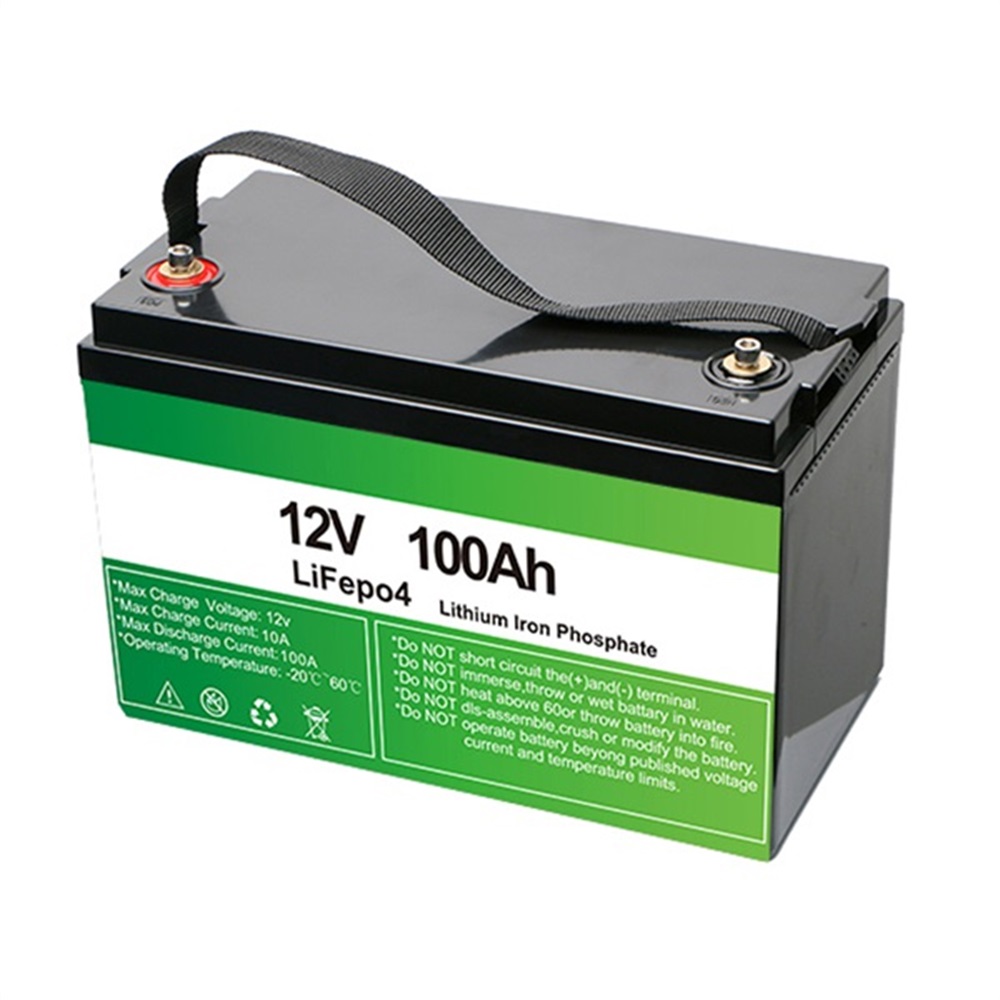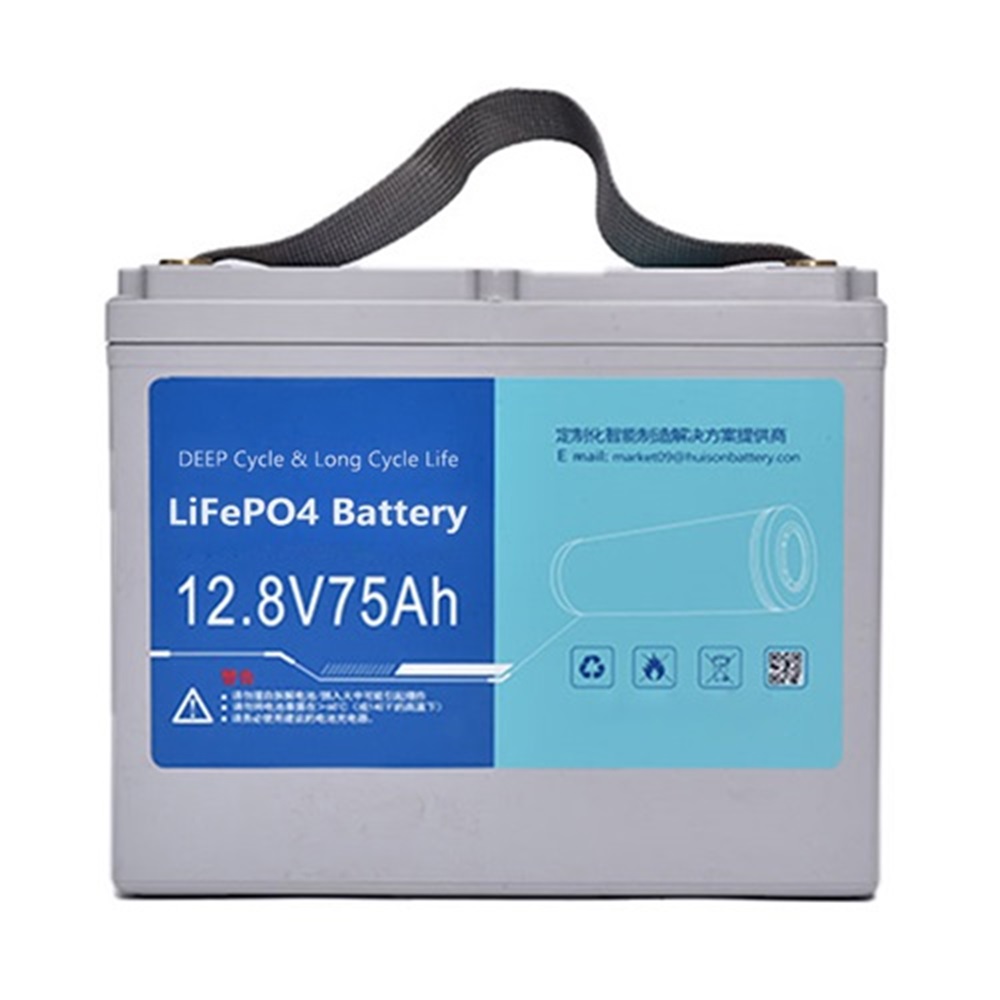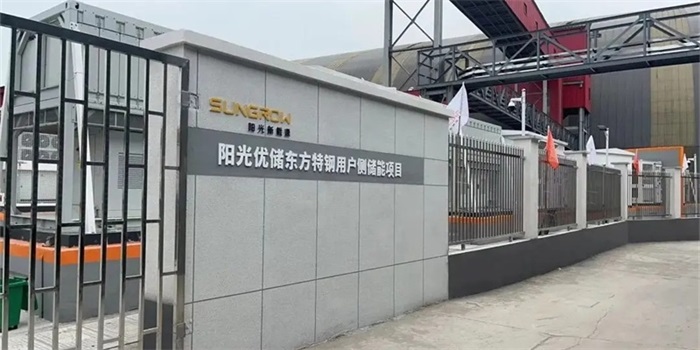Ultimate Guide to 12V/24V Lithium Battery: Exploring Types/Applications/Choosing the Best Options


With the rapid development of renewable energy and electric transportation, 12V/24V lithium batteries have become efficient and reliable power solutions. They are favored for their lightweight design, high energy density, and long lifespan. This article will delve into the types, applications, and key considerations for selecting the best lithium batteries.
Types of Lithium Batteries
Lithium Iron Phosphate (LiFePO4): Known for its outstanding safety and thermal stability, this battery typically offers a cycle life of over 2000 cycles, making it suitable for electric vehicles and solar energy storage systems.
NMC/NCA (Nickel Manganese Cobalt / Nickel Cobalt Aluminum): These batteries are renowned for their high energy density, making them ideal for applications requiring high power output, though they tend to be more expensive. They are commonly used in electric vehicles and high-performance electronic devices.
Lithium Polymer (Li-Po): These batteries are lightweight and available in various shapes, making them popular in consumer electronics such as smartphones and remote-controlled toys. They excel in space-constrained environments.
Applications
Renewable Energy Systems: 24V/12V lithium battery play a critical role in solar and wind energy systems, efficiently storing energy and ensuring stable power supply during periods of low sunlight or wind.
Electric Transportation: Electric vehicles, scooters, and e-bikes widely utilize lithium batteries to enhance range and reduce weight.
Portable Devices: Many camping lights, portable refrigerators, and power banks rely on 12V or 24V lithium batteries to provide extended power support.
Industrial and Commercial Applications: In industrial automation and warehousing, lithium batteries are used in electric forklifts and robots, delivering efficient and durable power support.
Key Considerations for Choosing the Best Lithium Battery
Determine Power Requirements: Clearly define the power requirements (watts) and discharge cycles (amp-hours) of your device, which will help you select the appropriate battery capacity.
Battery Type Selection: Choose the type of lithium battery based on your specific application. If safety and cycle life are priorities, lithium iron phosphate batteries are an excellent choice; if high energy density is required, consider NMC or NCA batteries.
Budget Considerations: The cost of lithium batteries varies significantly; lithium iron phosphate batteries are generally more affordable, while NMC batteries tend to be pricier. Identify the best value within your budget.
Compatibility and Charging Equipment: Ensure that you have compatible charging equipment for your chosen battery. Different lithium batteries have varying voltage and current requirements, and improper use may lead to damage.
Safety: The safety of lithium batteries is crucial. Familiarize yourself with their usage and storage requirements to avoid risks such as overcharging, short circuits, and overheating.
Conclusion
12V and 24V lithium batteries are essential components of modern power solutions due to their excellent performance and diverse applications. By understanding the different types of lithium batteries and their characteristics, you can more effectively choose the battery solution that meets your needs. This guide aims to provide valuable insights to help you make informed decisions when selecting lithium batteries. Whether for home, industrial, or outdoor use, the right lithium battery can significantly enhance the efficiency and reliability of your devices.

